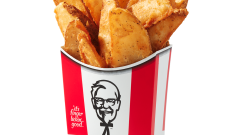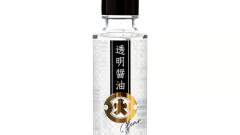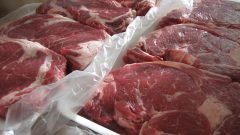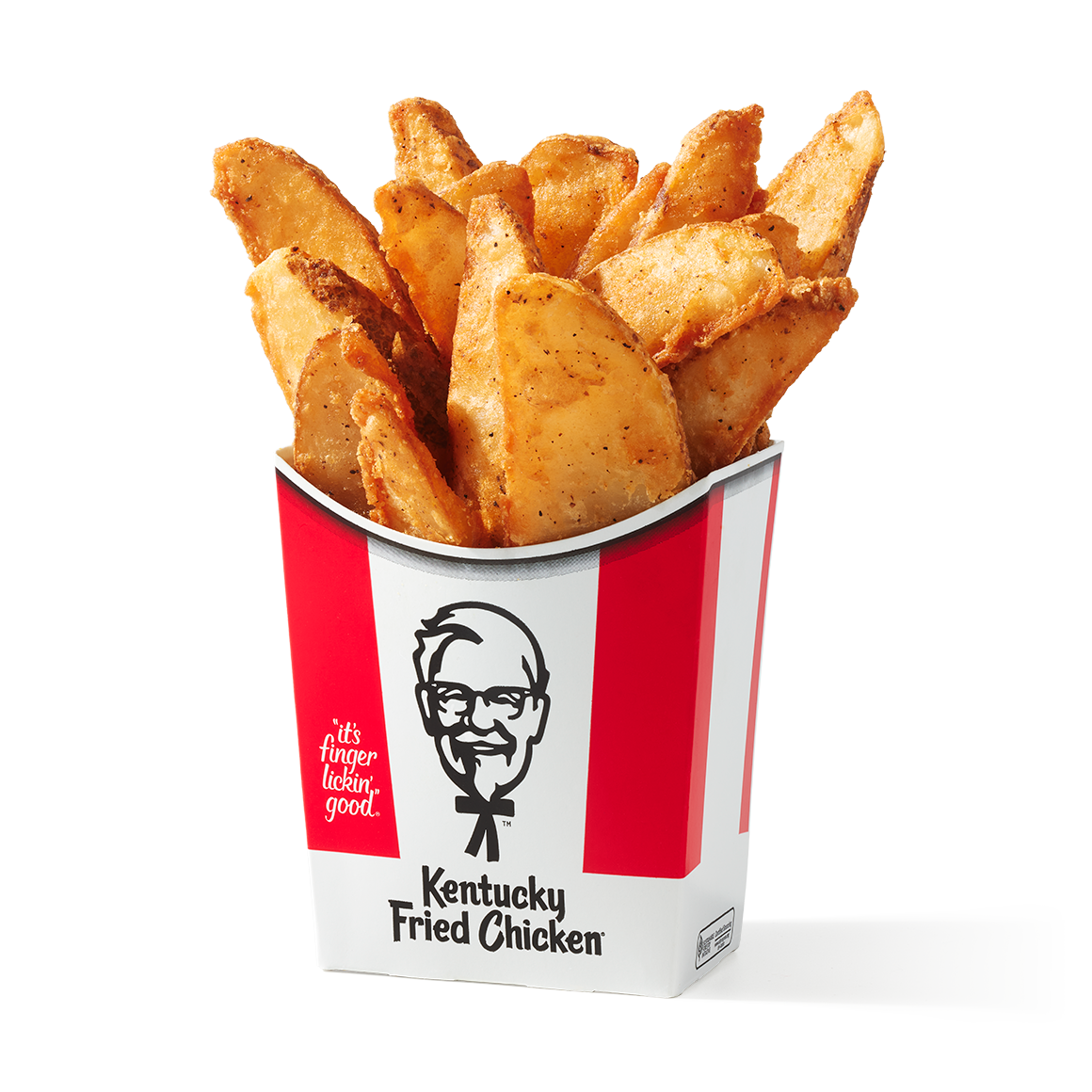Here Are 11 Of The Rarest Foods In The World To Obtain
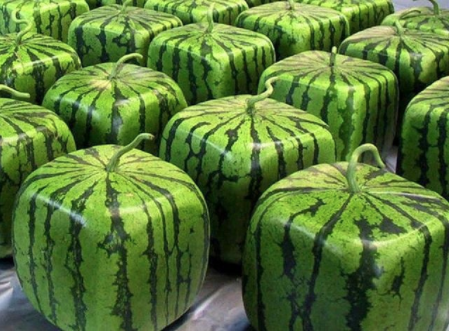
We should all consider ourselves lucky enough to live in a world where things are very easily attainable. For example, we can simply head to the grocery store and pick out our favorite fruits and vegetables, by the pound, without a care.
Heck, we can even visit a local grocery store, without being physically present in it, by placing an order for groceries on our smartphones. There once was a time, however, when it wasn’t so easy, when things — especially food — were considered sacred. But thanks to the Internet, almost nothing is off limits.
Still, there are some foods that are still considered the rarest of the rare and are nearly impossible to acquire. So, next time you find yourself in a foreign country, or just off the beaten path, see if you can find one of these culinary gems. Chances are if you do, it might be your last.
Bird’s Nest Soup
Contradictory to its namesake, Bird’s Nest Soup is a bit more than some twigs, feathers, and yarn. In fact, it’s far more grotesque — depending on who you ask. In many Asian cultures, Bird’s Nest Soup is a legitimate delicacy and is thought to be an aphrodisiac. Traditionally, this clear, sometimes light brownish, gelatinous dish is made from the dried saliva gathered from the nests of a type of bird called a swift. Swifts use their spit to coagulate the leaves, twigs, and other materials together when building their nests. Said to have similar undertones of chicken noodle soup, this unique dish is truly one-of-a-kind. Bird’s Nest Soup is usually only found in regions of Indonesia, Malaysia, and Thailand, placing quite a burden on someone if they are curious to try it.
White Truffles
In 2010, Time magazine claimed that white truffles cost upwards of $2,000 per-pound and they weren’t wrong. While truffles are quite expensive, white and black truffles are only available under perfect conditions and only for a very limited time. Truffles are the definition of, “the perfect luxury commodity,” according to Time, considering the difficult gathering process and the cost at which they can be sold. Time even highlighted a 1.6-pound truffle that was sold for a staggering $150,000.
Black Truffles
The Perigord Black Truffle is the rarest fungus in the world. Native to France, the Black Perigord Truffle glitters once the dirt and mud is cleaned from the surface. However, although truffles offer a satisfying crunch, the Perigord is actually known for it’s striking aroma. In the middle of their growth period in winter, according to GQ, the Perigord Truffle carries a sweet, floral smell. But as the truffles ripen, their distinct aroma begins develop. More so than white truffles, the Perigord is the ultimate aphrodisiac.
Almas Caviar
This Iranian delicacy is officially recognized as the most expensive caviar in the world by the Guinness Book of World Records. Almas Caviar, as it’s named, are harvested eggs from a rare species of 100-year-old albino sturgeon, found in the Caspian Sea. Commercially known by the infamously wealthy, Almas Caviar – also called, “Black Gold” – can be sold for $20,000 a pound. Due to the specific breeding areas of the albino sturgeon, and the fact that it is considered to be one of the rarest fish breeds in the world, Almas Caviar is considered an extremely expensive and decadent rarity.
Saffron
This delicate spice originated near the continent of Greece, and is still recognized as the most expensive spice in the world. Just one ounce of Saffron can cost more than $500. Saffron is produced by the Crocus Sativa, which is a flower that blooms in the fall. The flower produces long thread-like hairs that grow a few inches in length. Once the harvest season comes, farmers must harvest more than 50,000 Crocus Sativa flowers to yield just one pound of Saffron.
Raw Puffin Heart
Although this bird may be cute, their meat tastes amazing. Don’t believe it? Just ask Gordon Ramsay. During a trip to Iceland, Gordon had a variety of cooked Puffin, including smoked puffin, which he described as “gamey.” Knowing the harsh critic Gordon can be, he actually said he enjoyed the Puffin meat. Eating Puffin has been a local delicacy in Iceland, and due to the large populations of Puffins on Iceland’s remote Westman Islands, the fowl has been hunted for centuries. More than 50 percent of the world’s Atlantic Puffin population live near Iceland, making them a regionally specific species. So, if you want to hunt a puffin, make sure to get your passport ready. Once you get there, you’ll need a special pole with a net to catch them yourself.
Kobe Beef
You may not know, but Kobe Beef is essentially an international conspiracy. In 2009, the USDA placed restrictions on the meat products Japan could ship to the United States. Since then, there have been less than 10 restaurants nationwide to receive clearance to carry this cut of beef. According to Forbes, since 2009, restaurants around the country still claim to have access to the coveted meat, and are still charging high prices for unauthentic “Kobe beef.” Cut from a Japanese cow known as Waygu, Kobe beef is bred from the Tajima straing of Wagyu cow found only in the Hyogo prefecture. In order to be considered Kobe beef, the meat must go through an extensive marbling process. Cooked to a point that’s just under body temperature, a piece of authentic Kobe Beef will literally melt as it’s being consumed.
Casu Marzu
This cheese is literally rotting with maggots. Found in Sardinia, Italy, casu marzu is made with sheep’s milk and is filled with maggot larvae inside. This cheese is so gross, it was actually banned by the European Union. The sheep’s milk cheese is actually left outdoors so that cheese flies can lay eggs inside. The insect larvae then start to eat the cheese. Although the idea of eating maggots is repulsive and probably not healthy to do all the time, casu marzu is actually considered one of the world’s most respected cheeses, not only for its unique insect-bearing characteristics, but because it tastes delicious, too!
The Densuke Watermelon
Unlike the traditional watermelon, the Densuke is black. It also costs about $200. In 2008, The Los Angeles Times reported that a Densuke watermelon had been auctioned off for more than $6,000. Known for very low harvesting yields – under 70 per year – this exotic melon can reach exorbitant prices. The Densuke Watermelon is only grown on the Northern Island of Hokkaido off the coast of Japan. Considering the location and number of crops annually, this fruit could be the world’s rarest food.
Caffe Raro
A combination of two of the world’s rarest coffee beans, Kopi Luwak coffee and Jamaican Blue Mountain coffee beans creates what is known as Caffe Raro. Jamaican Blue Mountain Coffee is only reserved for coffee beans grown in the Blue Mountain regions of Jamaica, meaning there is a limited supply of beans each year. The beans of Kopi Luwak can only be harvested from the droppings of an animal called the civet, which looks like the combination of a cat, raccoon, and opossum. The civets can only partially digest the wild coffee cherries, and according to National Geographic, the enzymes in the civet’s stomach actually change the protein structure of the coffee bean, removing some acidity which makes for a “smoother” cup of coffee.
Square or Cubed Watermelon
Only sold in Japan, the square watermelon has become a viral sensation. It’s not some rare breed of watermelon that grows this way, it’s actually grown in a box. Sadly, these watermelons aren’t for consumption, because they are picked before they are ripe and will taste a little bitter. Despite that, people all over the world are paying as much as $300 to have cubed watermelons shipped to them. Well, I guess with something this trendy, you don’t want to be a square.

